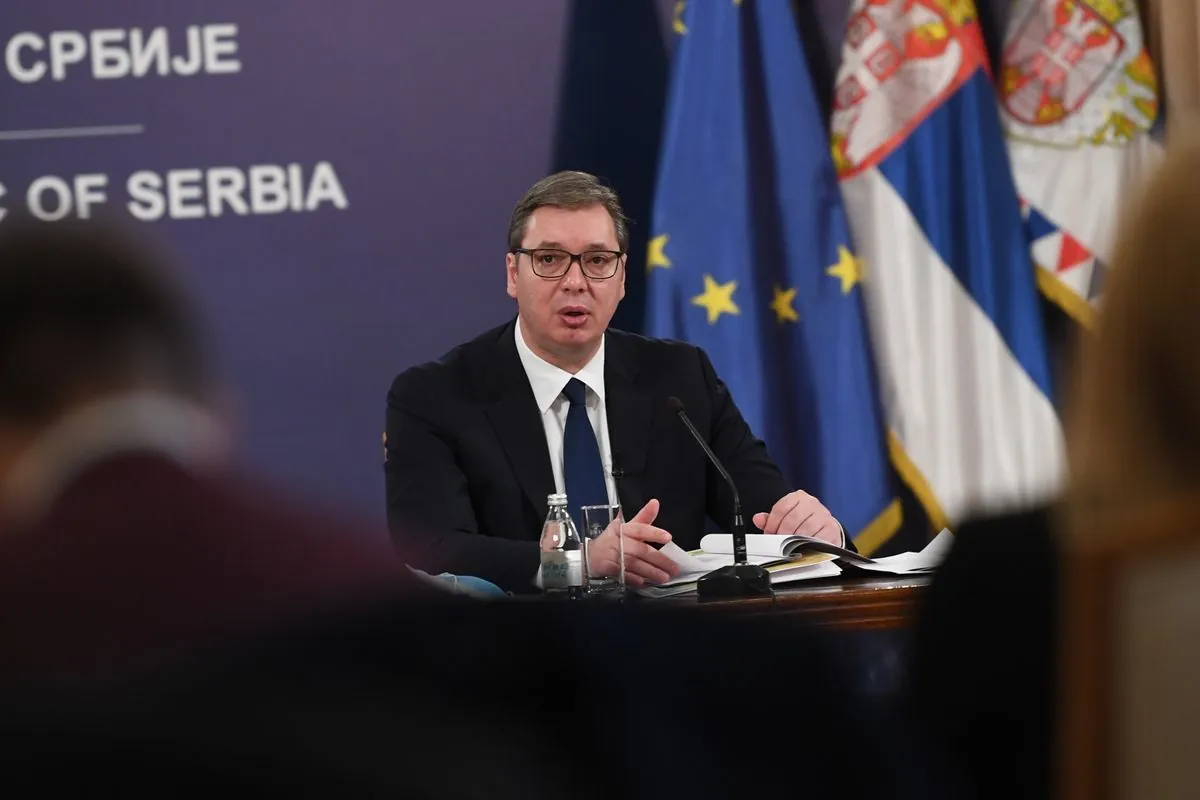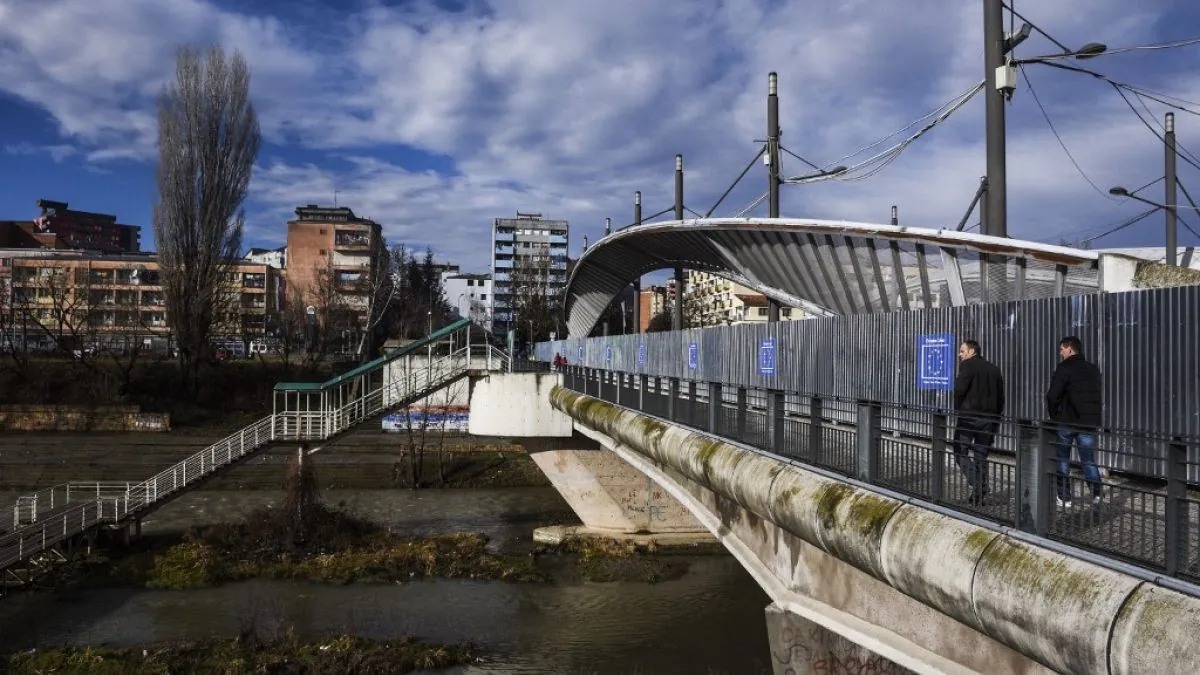Serbia Demands Elections in Northern Kosovo Amid Rising Tensions
Serbia calls for elections and return of Serbs to institutions in northern Kosovo, escalating regional tensions. President Vucic criticizes Western stance, highlighting ongoing Balkan instability.

In a recent development, Serbia has issued demands for elections and the reinstatement of ethnic Serbs in police and judiciary roles within the Serb-populated northern region of Kosovo. This move comes amidst escalating tensions in the area, raising concerns about potential armed conflicts and regional instability.
Aleksandar Vucic, Serbia's populist president, has called for the withdrawal of Kosovo's special police from the border region with Serbia. These demands, however, are unlikely to be met by Kosovo's leadership, given the complex historical and political context of the region.
The roots of this conflict trace back to Kosovo's declaration of independence in 2008, which Serbia does not recognize. The Kosovo War of 1998-99 resulted in over 13,000 deaths and the displacement of hundreds of thousands, ultimately leading to NATO intervention.

Tensions in Kosovo have recently intensified following the Kosovo government's crackdown on Serbia-backed parallel institutions in the north in August 2023. This action has drawn criticism from the United States and the European Union, who fear that escalating tensions could lead to wider Balkan instability, especially in light of the ongoing conflict in Ukraine.
Vucic emphasized Serbia's desire to return to previously agreed-upon terms in the EU-mediated dialogue between Belgrade and Pristina, which began in 2011. Despite several agreements reached over the years, including the 2013 Brussels Agreement on normalizing relations, tensions have persisted with occasional outbursts of violence.
"What we are demanding is respect of European norms and dialogue. We do not want war."
Serbia accuses Kosovo of failing to implement a key aspect of the 2013 agreement: the formation of an association of Serb-majority municipalities. This issue remains a significant point of contention between the two sides.
The situation in northern Kosovo has been particularly volatile. In November 2022, ethnic Serb lawmakers, judges, and police officers resigned en masse in protest over the dismissal of a police officer by Kosovo authorities. More recently, a violent incident in 2023 resulted in the death of a Kosovo policeman and three Serb gunmen, marking the most serious clash since the 1990s war.
Kosovo's population of approximately 1.8 million is predominantly ethnic Albanian (93%), with Serbs comprising about 1.5%, mostly concentrated in the north. Many Serbs consider Kosovo a historic heartland and refuse to acknowledge its separation from Serbia.
Vucic announced that Serbia would continue to provide social and financial assistance to ethnic Serbs in Kosovo. He also accused the EU and the U.S. of siding with Kosovo, stating his intention to write to various world leaders, including U.S. President Joe Biden and Russia's President Vladimir Putin, regarding the current crisis.
The ongoing dispute between Serbia and Kosovo has implications for their respective EU membership aspirations. EU officials have made it clear that normalization of ties is a prerequisite for advancing their bids to join the 27-nation bloc. However, Serbia's close relations with Russia and China, who support its claim on Kosovo, complicate the situation.
There are widespread concerns that Russia may be using its traditional ally Serbia to inflame tensions in Europe, potentially as a strategy to divert attention from its invasion of Ukraine. This geopolitical dimension adds another layer of complexity to an already volatile situation in the Balkans.
As the international community watches closely, the path to resolution remains uncertain, with historical grievances, political aspirations, and external influences all playing significant roles in shaping the future of Kosovo-Serbia relations.


































